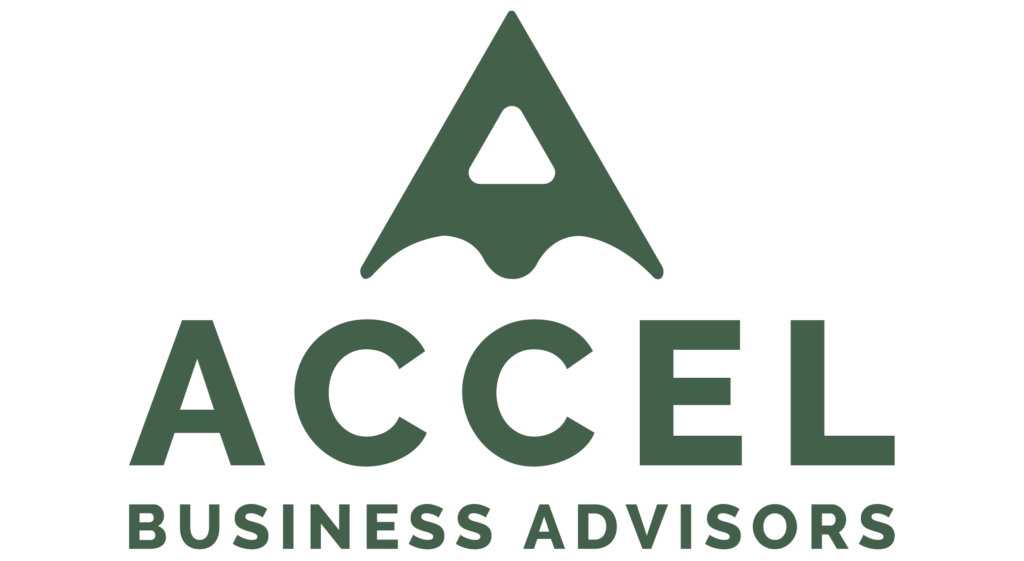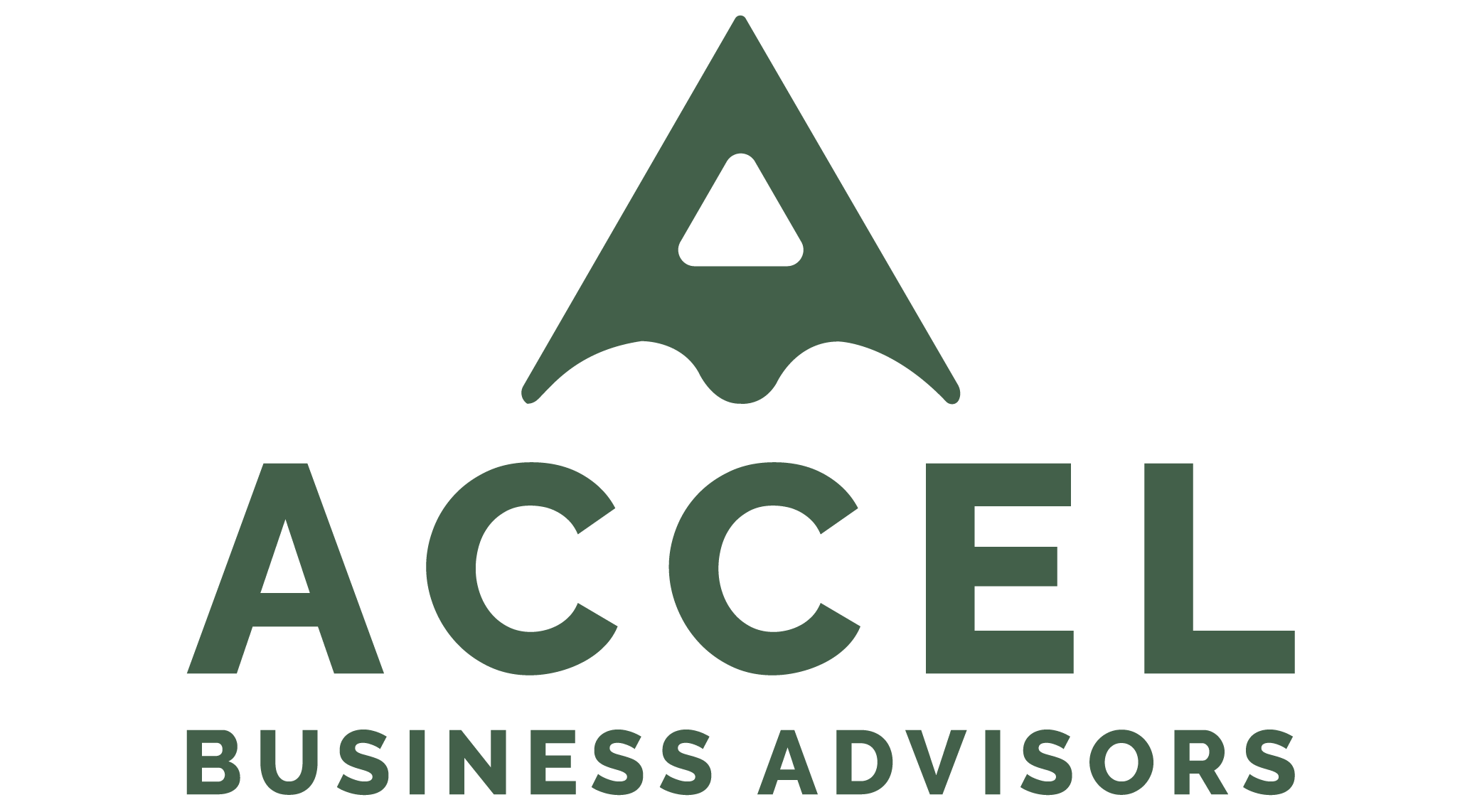What drives the value of a business? This is a primary concern for most business owners, whether they’re looking to sell in the short-term or position their company for future success.
1. Create a Company Succession Plan
Most companies do not have a formal company succession plan. Company succession planning differs from personal or family succession planning, as it focuses on forming the next generation team of key managers and employees in a company.
A company succession plan creates value by:
- helping to ensure the survival and future growth of the company in the event of unforeseen changes in personnel;
- preserving harmony and reduces the chance of repeating mistakes as business owners and senior managers pass-down company specific knowledge;
- maintaining the legacy of owner’s desires, vision, and cultural goals through company-wide assimilation of the owner’s knowledge; and
- providing a framework for best practices as next generation managers bubble-up their ideas for improvement based on hands-on observations.
Company succession planning does not have to be complicated but should include mentoring, employee engagement, open communication, and fairness. Senior managers should not feel as though the company’s plans include replacing existing managers. Instead, company succession planning should be viewed as a process of grooming all employees to take the company to a higher level of performance and growth.
2. Don’t Forget Qualitative Factors
Quantitative factors such as changes in revenues, gross and net margins, operating cost, etc. are easy to identify and therefore easy for owners to focus their attention on. However, companies with above-average valuations excel in both quantitative and qualitative factors. Don’t overlook areas like:
- planning
- leadership
- sales management
- marketing management
- people management
- operations management
- financial management
- legal management
3. Take a Retirement Account Perspective
We’ve run into numerous business owners who say things like, “I’ll worry about the value of my company when I start thinking about an exit strategy.” That’s like waiting until you’re 65 to check the value of your retirement accounts!
Company value creation is an ongoing process, which includes:
- creating or expand recurring revenue streams,
- increasing expected future revenue growth rate,
- increasing returns on existing assets,
- discontinuing poor performing activities,
- reducing non-cash excess working capital,
- creating or expand barriers to entry,
- reducing company specific risk
A value growth professional can help you think about your business as an investor as well as an owner.
4. Protect Existing Value
For most companies, 75% of company value is in its intangibles. Some of those intangibles are trade secrets, intellectual property, proprietary methods and/or software, customer relationships, etc. Business owners should identify key value drivers, then takes steps to protect those key value drivers, which will protect company value.
Most business owners limit their actions to protect company value to obtaining hazard insurance, worker’s compensation insurance, and liability insurance. There are other ways to protect company value, including:
- Obtaining patent protect
- Requiring employees sign intellectual property assignment agreements
- Requiring employees sign non-disclosure and non-compete agreements
- Executing buy-sell agreements with all company owners
- Acquiring life insurance to support buy-sell agreements
- Purchasing business interruption insurance
- Monitoring and taking actions to limit the loss of brand reputation
5. Create Customer Value
The traditional notion of customer value, where benefits minus cost equal customer value, may seem simple but can be much more complicated in practice. Customer benefits and cost can be both direct and indirect, as can be customer value. Moreover, the right set of customer benefits can create barriers to entry and/or competitive advantages.
Many business owners argue that customer value is created by providing consumers with the lowest price, highest quality, and best service. Unfortunately, those three factors are often at odds with one another. Instead, consider adopting a customer-centric approach, taking into account factors like:
- The value drivers of your customers and would-be customers
- What customers feel about your product or service offering/delivery
- The cultural landscape of your target customers
- Your customers’ value proposition determinants
- How you can create a value-added experience for your customers
- When to create value through a collaboration with customers
- Measurements of customer value creation include increasing customer acquisition, satisfaction, retention, and add-on selling. Additionally, companies that can enhance their customer’s perception of the value of their products or services are likely to enjoy higher margins.
6. Plan Ahead
Business owners who don’t plan often find that they spend most of their time putting out fires. Planning allows company owners and managers an opportunity to set proactive goals and objectives for the intermediate future, as well as identify solutions for key business issues. A great starting point for long-term planning is to conduct analyses around issues like:
Why your company is relevant to existing and future customers
- Current market trends in your industry
- Why customers buy from you or don’t
- Current competitors and their competitive advantages
- Your company’s competitive advantages and weaknesses
- How you can build or reinforce barriers to competitors
- Existing bench strength to ensure your company has the right talent to achieve desired results
The list of tips shared here is far from exhaustive, but can serve as a guide for future initiatives.
If you have any questions, feel free to contact us.













